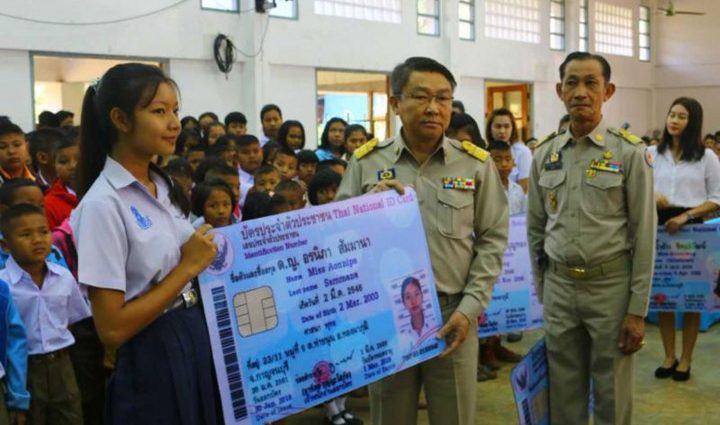
The cabinet has approved a policy to grant Thai citizenship to over 483,000 migrants and members of ethnic minorities who have lived in Thailand long-term or were born in the kingdom.
This decision, announced by Prime Minister Paetongtarn Shinawatra following a cabinet meeting on Tuesday, seeks to address longstanding citizenship and residency issues while also stimulating the economy by removing red tape stopping these people from working.
Proposed by the National Security Council (NSC), the policy expedites the process of granting legal status to ethnic minority individuals residing in the country. The prime minister said 825,635 such individuals reside in Thailand, with 483,626 of them awaiting status confirmation.
Government spokesman Jirayu Huangsab said the policy update replaces an earlier 2021 cabinet resolution.
He said Thailand has experienced waves of migration into the community, with the first group arriving as early as 1984 and the second between 2005 and 2011.
Additionally, there are Thai-born children from minority groups and unregistered migrants. Without the new measures, processing their status could take up to 44 years, said Mr Jirayu.
This updated framework will simplify eligibility checks, allowing applicants to self-certify their qualifications and criminal history instead of undergoing lengthy investigations by multiple agencies. Furthermore, local agencies, rather than central authorities, will assess and grant status approvals. The policy is expected to bring economic benefits by enabling these residents to legally contribute to the economy, he added.
“These 483,000 people have been living in Thailand for a long time, can work regularly, and hold important documents.
“Therefore, the government believes it is essential to formalise their status so they can travel freely and help stimulate the economy,” said Mr Jirayu. “This is expected to benefit various sectors,” he said.

